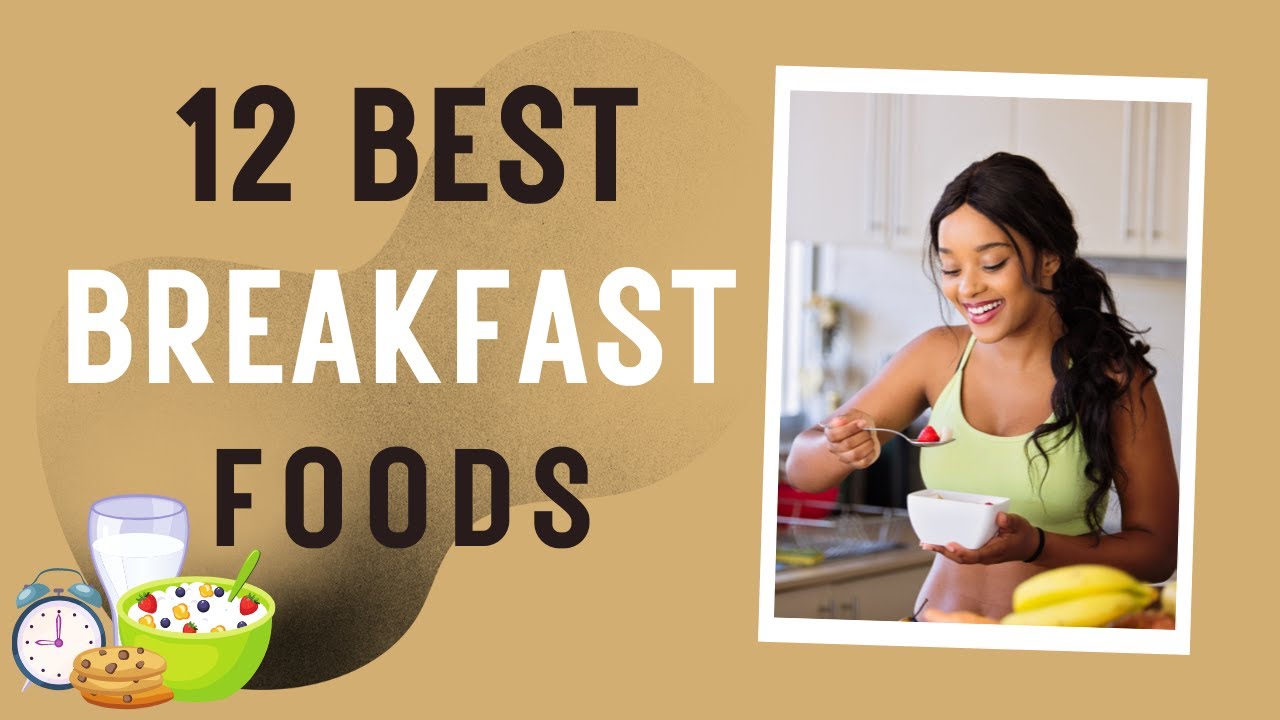
There are three major types of cardiovascular disease prevention: primary, secondary, and primordial. While each one contains the same elements and their effects, they have different starting points. Patients need to know their risk factors in order to develop a personalized prevention plan. The goal is to reduce your risk for cardiovascular problems and live a long and healthy life. Continue reading to learn how to prevent heart attack. This article will discuss the various types of cardiovascular disease and their treatment.
First, keep your heart healthy. A heart-friendly lifestyle is one that is rich in fiber, low levels of salt, and high in vitamins, minerals. The next step is to eliminate processed food, including white bread and processed snacks. These foods are bad for your heart unless you consume high levels of fiber. You can also avoid processed snacks and fast food. The salt shaker is not a good idea. Too much sodium in the body is a risk factor for cardiovascular diseases.

You should eat healthy and exercise regularly. Experts recommend 150 mins of moderate exercise per semaine - approximately 20 minutes per days - along with a variety of low-calorie food options. A regular exercise program can also lower blood pressure, prevent heart disease, and help you stay healthy. Heart disease prevention can be achieved by practicing mindfulness and managing stress. It's much easier than it seems, and not as difficult, to change your lifestyle.
A healthy diet can reduce your risk of heart disease and reduce the severity of your heart attack. A diet high in fruits, vegetables and other healthy foods can reduce your chance of getting the disease. Beans and low-fat protein are excellent sources of protein that may help reduce your risk. The omega-3 fatty oils found in certain fish may help to lower your risk of developing heart disease. You can incorporate these strategies into your daily life, if time allows.
Smoking is a major risk factor to heart disease. Stop smoking to lower your risk of coronary artery diseases. Smoking should be stopped. The better for your health, the fewer cigarettes you smoke. You can also avoid secondhand smoking to lower your risk of developing heart disease. Stop smoking if possible. This will lower your risk of developing heart disease.

Heart disease prevention is a lifelong endeavor. While it is difficult to detect, the disease can lead to an increased risk of heart failure and other serious symptoms. It is important you take steps towards reducing the risk of heart diseases. You can reduce your risk of developing this disease by adopting healthy lifestyle habits. This way, you'll live a long and healthy life. You'll live longer and be healthier if you do.
FAQ
Egg is good for men?
The egg contains all the nutrients required by the human body. It helps to maintain strong bones and healthy hearts and lungs and stabilize blood pressure.
Eggs are a good source of protein and vitamins A, B12, D, E K, calcium, phosphorus iron, zinc copper, magnesium selenium and even riboflavin.
The egg yolk has high cholesterol. The egg yolk does not contain saturated oil. Eggs have less saturated fat than many other foods.
They are also low on calories and sodium. They are also very versatile because you can cook them any way you want. They can be fried, poached, scrambled, boiled, hard-boil and baked.
They are extremely nutritious and simple to prepare.
Each day, you should consume at least 2 whole eggs. If you dislike eating eggs, you should add them to your diet.
Essential nutrients are found in eggs. Consider adding eggs to your daily meal plan today.
Is it true to say that protein overeating can lead to kidney stones?
Protein is important for maintaining healthy bones and tissue. But consuming too much protein can lead to calcium excretion through urine. This can lead kidney stones.
It is important that you note that not all people develop kidney stones when they consume more than 2 grams of protein per kg (2.2 pounds). Some people can eat high amounts of protein without getting kidney stones.
By being careful with your sodium intake, you can prevent kidney stones. Sodium helps regulate water balance in the kidneys. Too much sodium can lead to kidney stones.
You can also try reducing your protein intake if you get kidney stones. The majority of adults need protein for half their daily caloric needs. Reduce your intake of protein and you will likely lose weight.
If you do decide to eat more protein, don't go overboard. Do not eat more than 20% of your daily calories from protein.
Which dietary supplement can help you lose weight?
It is important to exercise and eat right in order to lose weight. Some people find that certain supplementation can be helpful.
Some studies suggest that omega-3 fatty acids may help with weight loss. Omega-3 fatty acid is an essential fat that is important for brain function as well as cell membrane integrity. They can be found in seafoods like salmon, tuna or shrimp, as well as cod liver oil.
Another study suggests that green-tea might help with weight loss. Green tea contains catechins. These antioxidants may be able to increase metabolic rate and encourage weightloss.
What is the fastest way to transform my body?
Change your mindset is the first step. You have to be willing to change.
Once you have decided you want to make changes, you will need to commit to your fitness goals at least for 3 months.
Next, you will need to find a program that suits your lifestyle.
Realistic expectations are also important. You shouldn't waste money on a gym membership that doesn't allow you to put in the effort and time required to reach your goals.
Instead, use your own free time to exercise outdoors.
You can lose 1 lb if you walk around the block for one hour each day.
Once you have a plan, you can start to organize your life according to this plan.
This includes scheduling a time to exercise each morning before you leave for work and taking breaks throughout the day so that you can move.
It is important to reward yourself when you reach milestones. This could be buying accessories or clothing that reflect your success.
How many times per week should I exercise
It depends on what type of exercise and how much time are available. A general guideline would be moderate-intensity aerobic exercise 3 - 5 days a week. It is important not to overdo it. Consistent exercise is essential to achieving maximum benefit from your workouts.
Which exercises work best for you?
It really depends on the type of fitness goal you have. Some people focus on endurance activities like running, cycling, and swimming. Others prefer lifting weights, or using resistance bands. There are many options for exercise today. Select the one that best suits your needs.
How to Lose Belly Fat Fast
There are several methods to rapidly reduce belly fat. One option is to eat less calories and drink more water.
A second way to boost your metabolism is by running and swimming.
You should avoid sitting for too long if you want to quickly lose belly fat. Stand up more often throughout the day. This will help you lose more calories.
There is an alternative option if you've tried all of these options and still have trouble losing belly fat.
This involves using a device called a belt. The belt is designed to fit around your waist while you are sitting down.
This will make you feel uncomfortable and allow you to move about. This encourages you to burn calories and decrease your belly fat.
Statistics
- According to the American Academy of Dermatology (AAD), men over 50 are at a heightened risk of developing it. (healthline.com)
- 10 pounds in a month is likely during a lean bulking phase, especially for beginners. (muscleandstrength.com)
- Are You One of the 20% of Guys (mh.co.za)
- The PRS enabled risk stratification for overall prostate cancer and lethal disease with a four-fold difference between men in the highest and lowest quartiles (HR, 4.32; 95% confidence interval [CI], 3.16-5.89). (pubmed.ncbi.nlm.nih.gov)
- According to the American Heart Association, blood pressure should be checked at least once every two years, beginning at age 20. (my.clevelandclinic.org)
External Links
How To
What nutrients does a person need every day?
Daily nutrition is essential for men's healthy growth. The body requires vitamins and minerals, protein, carbohydrates, fats (fats), water, fiber, as well other essential elements.
You also need specific nutrients for different times in the day. To give you an example, the body uses energy it receives from food to make hormones and antibodies. When you awake, protein is used by your body to build muscles or repair damaged tissue.
Your body stores extra energy as glycogen and breaks down fat at night. Your body still requires sufficient nutrients and calories even though it needs less calories. You might have an occasional snack during the night if your stomach is feeling hungry.
For your body to function properly, it needs adequate amounts of protein and carbs. After a hard workout, muscle soreness may occur.
You must ingest carbs and protein within two hours of training to prevent this. Your body will breakdown stored glycogen and provide you with glucose for energy.
After your workouts, you should eat protein immediately. This prevents muscle tissue from being broken down while you are sleeping.
Your body produces lactic acid during high levels of physical activity. It is a form of lactic acid that builds up in the bloodstream. This causes fatigue. Avoid this by eating foods rich in carbohydrates such as fruits or vegetables.
Carbohydrates offer your body the energy it needs for recovery from exercise.
In addition, you may want to include lean meats, fish, eggs, milk, cheese, yogurt, beans, nuts, and seeds into your diet.
All of these foods have high-quality protein. Protein aids in muscle growth and repair of damaged tissues. It provides amino acids that your body needs in order to produce sexhormones and testosterone.
You also need enough dietary fats to maintain good skin, hair, nails, and joints. Healthy men should consume between 20% to 35% of their daily caloric intake from fat.
Fat can help keep your heart healthy and protect you from cancer. It also keeps your brain functioning properly.
You can get most of the fat you need from vegetable oils like olive oil, sunflower oil, corn oil, soybean oil, peanut oil, and safflower oil.
These oils are high-in monounsaturated, unsaturated fatty acid (MUFAs). MUFAs can lower cholesterol levels and reduce inflammation. They protect your cells from damage by free radicals.
Saturated oils (SFAs), found primarily in animal products such meats, dairy products and butter, are known to raise LDL ("bad") cholesterol. SFAs raise LDL ("bad") cholesterol and increase triglycerides. They promote weight gain as well as belly fat.
Polyunsaturated fats (PUFAs) are found in plant-based sources like vegetable oils, nuts, seeds, and grains. PUFAs improve cardiovascular function and decrease inflammation. They also reduce blood sugar, cholesterol, and other inflammatory factors.
Men with low HDL ("good") cholesterol often suffer from erectile dysfunction. Consuming high amounts of saturated fats can increase bad cholesterol and lower good cholesterol.
Because of the high levels of nitrates in red meat and pork, men with prostate problems may eat more of them. When cooked at high temperatures, nitrates can be converted to nitrosamines. These compounds can lead to cancer.
Most processed meats contain nitrites or other harmful chemicals. Avoid them.
The American Heart Association suggests that no more than two servings per week of red meat should be consumed. Instead, choose poultry, fish, legumes, tofu, whole grain bread, and cereals.